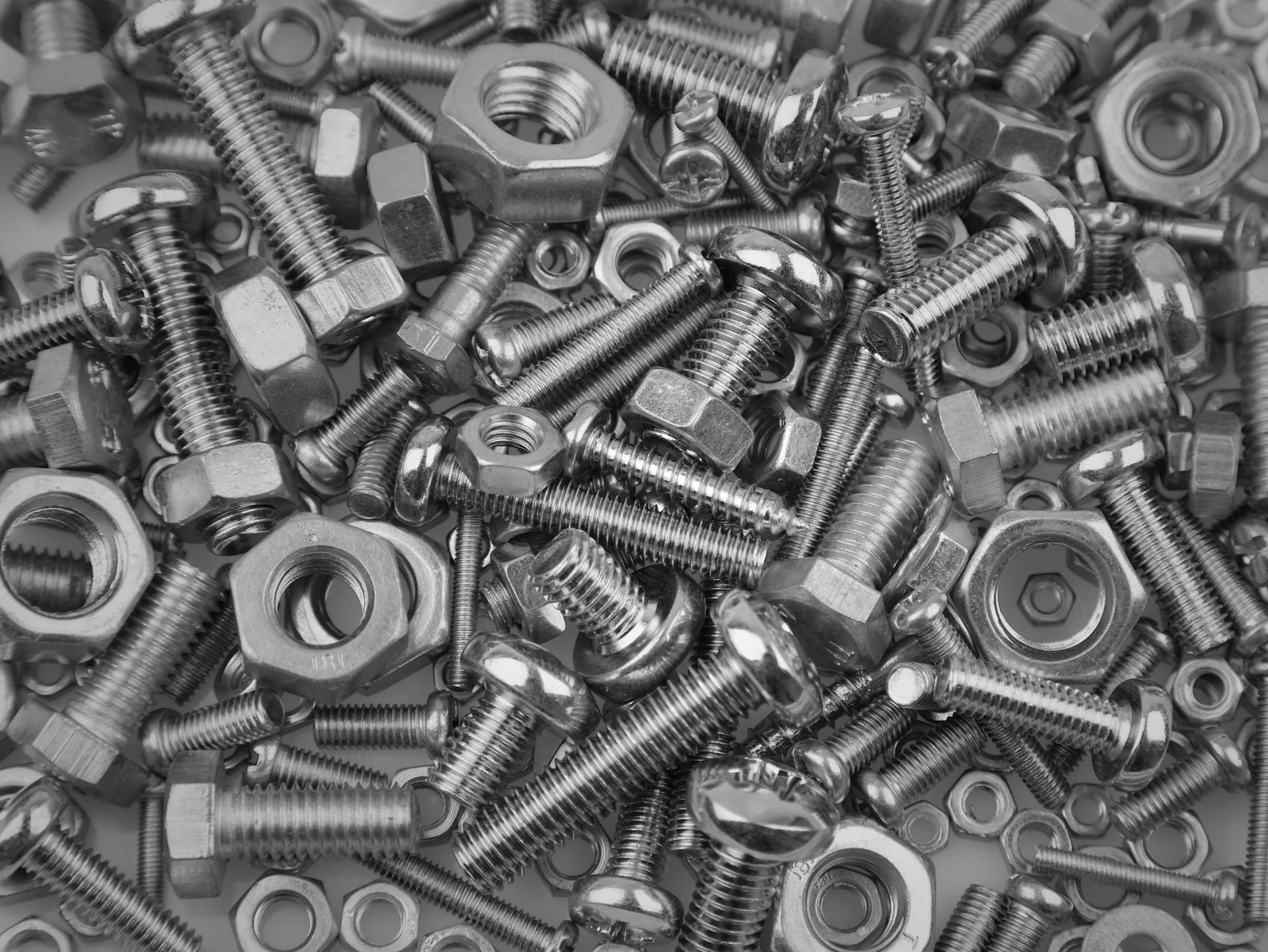In the world of building, fixing, and DIY endeavors, fasteners are more than just simple components; they are the often overlooked heroes that keep everything together. From towering high-rises to your home furniture, these small yet mighty components ensure that structures stay stable and functional. Understanding the different types of nuts and bolts, along with their applications, is essential for anyone looking to tackle a project, whether it’s a home renovation or car repair.
This comprehensive guide will lead you on a deep dive into the fascinating world of nuts and bolts, investigating their various types, uses, and composition. We’ll analyze the basics of fasteners, examine the popular bolt types and their particular uses, and provide insights into selecting the appropriate fasteners for your endeavor. Whether you are a experienced professional or a DIY enthusiast, this article aims to equip you with the expertise needed to navigate the many options available and choose the most suitable nuts and bolts for your needs.
Types of Fasteners and Bolts
In terms of nuts and bolts, grasping the different types on the market is essential for any project. Nuts and bolts function as basic fasteners in a variety of applications, ranging from everyday household tasks to intricate construction projects. Every type is designed to satisfy specific needs, ensuring safe and dependable connections. Key categories include hexagonal nuts and bolts, carriage bolts, lag bolts, and specialty fasteners. Selecting the right type is key for gaining the desired strength and functionality.
Hex bolts are among the most popular types, characterized by their hexagonal heads that enable easy installation with a wrench. They are typically used in combination with hex nuts to create a strong and stable joint. Carriage bolts, with their rounded heads and square necks, are commonly used in wood applications, offering a clean finish and secure hold. Lag bolts are designed for a different purpose, designed for heavy-duty applications where increased strength is necessary, particularly in wood framing and construction.
Alongside these standard types, there are many specialty nuts and bolts tailored to specific tasks. For instance, flange nuts provide a larger bearing surface for improved stability, while lock nuts stop loosening due to vibration. Understanding these variations is crucial for choosing the correct fastener that aligns with the requirements of your project, whether it involves automotive repairs, home improvement, or heavy-duty construction.

Materials and Finishes
When it comes to fasteners and bolts, the choice of materials is crucial for ensuring durability and performance. Common materials include iron, brass, and titanium, each offering different advantages. Iron, particularly carbon steel, is favored for its durability and flexibility, making it suitable for a variety of uses. Brass, on the other hand, is immune to oxidation and also provides excellent electrical conduction, which makes it ideal for electrical connections. Titanium, while more expensive, offers outstanding weight efficiencies and resistance to extreme conditions, making it a popular choice for aerospace and high-performance manufacturing.
Finishes play a crucial role in improving the functionality of fasteners and bolts. Zinc plating is commonly used to provide a defensive layer that prevents oxidation, while hot-dip galvanizing offers an more heavier-duty corrosion resistance. These finishes are especially important in outdoor or marine environments where exposure to water and harsh conditions is common. Additionally, powder finishes can provide visual enhancement alongside robustness, making them suitable for decorative uses.
Understanding the differences in materials and finishes not only helps in selecting the appropriate fasteners for your needs but also ensures their durability and dependability. For external use, opting for rust-proof choices is crucial to avoid frequent replacements. Those involved in intensive building or vehicle maintenance should consider both the strengths of materials and the necessary finishes to achieve optimal performance in their specific applications.
Acquirer Guides and Comparisons
When choosing the right nuts and bolts for your project, grasping the variations between metric and imperial fasteners is important. Metric fasteners are evaluated in millimeters and are usually found in European and Oriental applications, while imperial fasteners are measured in inches and commonly used in U.S. projects. Knowing the system needed for your particular need can prevent time and ensure compatibility with previous hardware.
Determining nuts and bolts correctly is essential to ensure you acquire the correct size. Use measuring tools or a bolt gauge to identify the diameter and length of the fastener you need. Moreover, consider the thread type, as coarse and fine threads serve varied applications. A thorough understanding of these measurements will help you discover the best fit for your engineering needs.
Finally, when purchasing nuts and bolts, look for premium indicators such as composition, plating, and grades. Higher-grade fasteners generally denote higher strength and durability, making them suitable for intensive or key applications. Always refer to a bolt strength comparison chart to compare options, and don't hesitate to consult a nuts and bolts glossary to learn with terms that will aid in your buying journey.
